Early-stage stomach cancer is frequently asymptomatic, causing few or no symptoms until the disease progresses and becomes more challenging to treat.
However, doctors can effectively treat stomach cancer diagnosed in its early stages.
In this post, Dr. Soumen Das, a cancer surgeon in Kolkata, describes how early-stage stomach cancer is treated.
Early Surgical Treatment of Stomach Cancer
These cancers are still confined to the stomach’s inner lining and have not spread to deeper layers of the stomach wall.
Partial gastrectomy (removal of a portion of the stomach) or total gastrectomy (removal of the entire stomach) are two surgical procedures typically used to treat cancers in their earliest stages. Additionally, nearby lymph nodes are removed.
If the surgery results indicate that all of the cancer has been removed, the patient typically does not require further treatment.
If it is unclear whether all cancer has been removed, chemotherapy and radiation will likely be prescribed, says the cancer surgeon in Kolkata.
Potentially Resectable Cancer
These cancers have grown deeper into the stomach wall and may have spread to nearby areas. However, there are no indications that they have spread to other body parts, so they are still in the early stages.
In this stage, surgical removal (resection) may be an option.
Before attempting surgery, all of the necessary tests to accurately stage these cancers must be performed so that cancer doctors in Kolkata are aware of the true extent of the disease.
If it has spread too far, attempting to remove the cancer is unlikely to be effective, and surgery can have serious side effects.
Therefore, staging these cancers accurately helps ensure that the potential benefits of surgery outweigh the potential risks.
In addition to imaging tests such as CT and PET scans, doctors may perform additional tests such as endoscopic ultrasound or staging laparoscopy before attempting cancer removal.
Depending on the location and extent of cancer, some patients may undergo partial gastrectomy or total gastrectomy as their initial treatment. Additionally, nearby lymph nodes (and possibly portions of nearby organs) are removed.
Others may receive chemotherapy alone or chemotherapy plus radiation therapy (chemoradiation) before surgery to shrink cancer and make it easier to remove.
Chemotherapy may also be conducted after surgery to eliminate any remaining cancer cells.
This is especially true if it is unclear whether or not all of the cancer was removed or if enough lymph nodes were removed during surgery.
According to Dr. Soumen Das, a surgical oncologist in Kolkata, surgeons may perform a more extensive operation in cases where all of cancer cannot be removed.


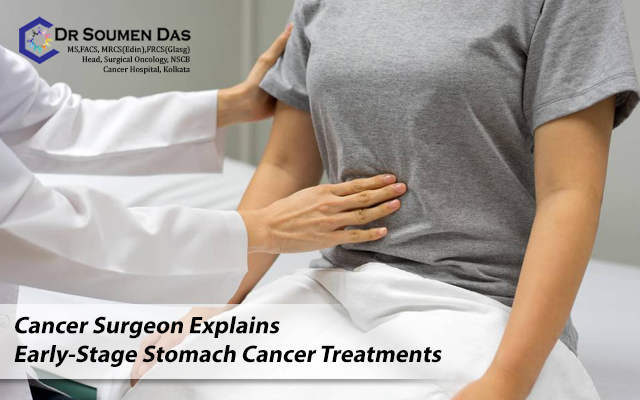
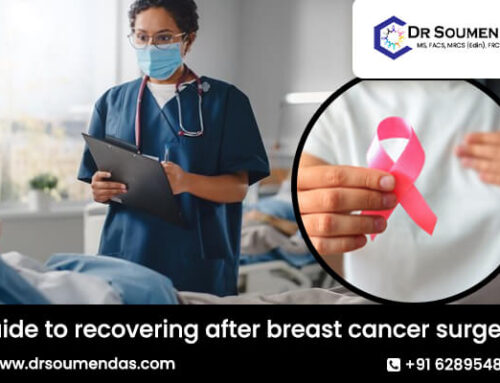
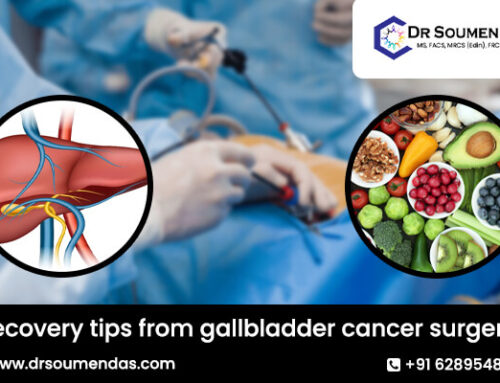
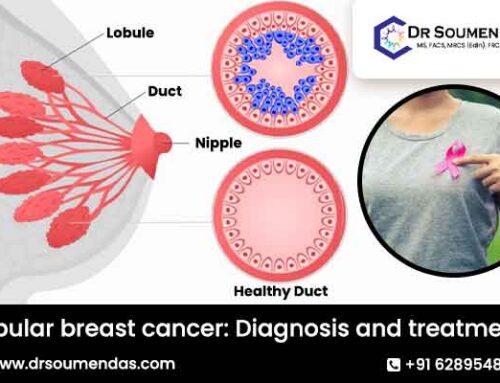
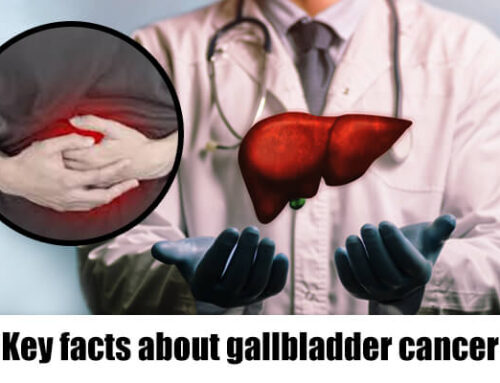
Leave A Comment